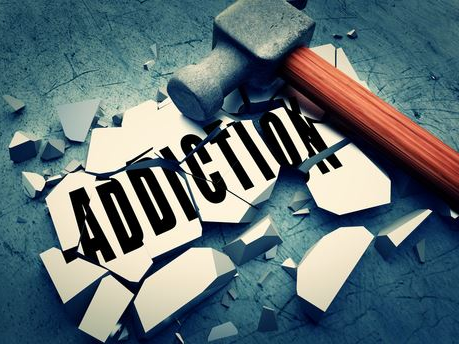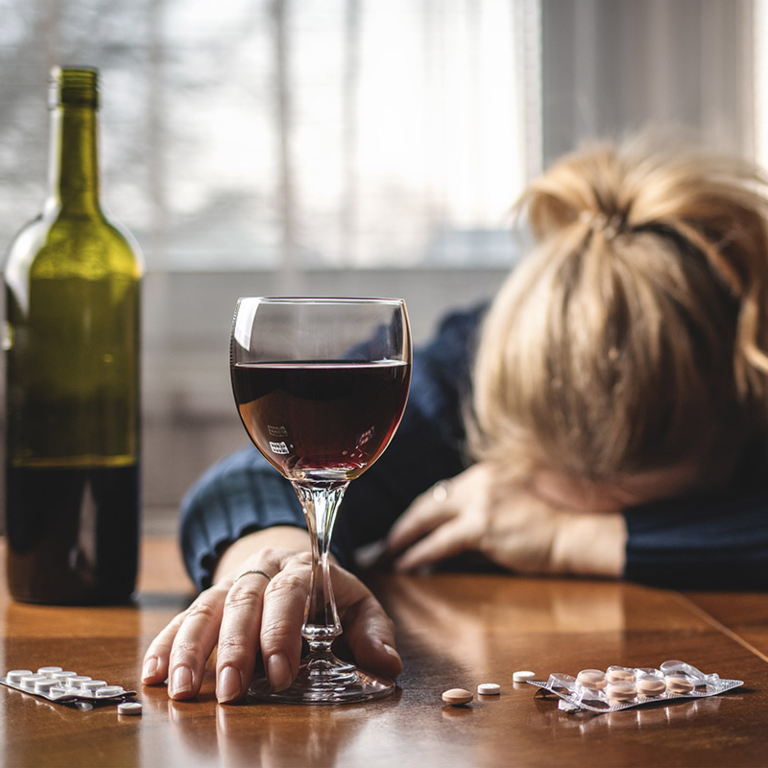We can help you tackle both physical and psychological alcohol dependance, including both daily alcohol consumption and binge drinking. We offer the latest research proven techniques and strategies to help you overcome binge drinking and alcohol dependance and addiction.

IT IS POSSIBLE TO RECOVER FROM ALCOHOLISM!
Alcoholism is a dangerous, and very common, addiction. While alcoholics can be stereotyped as homeless drifters or violent drunks, the reality is that alcoholism is found everywhere. Women and men alike, and people from everywhere along the socio-economic spectrum, can be alcoholics and many manage to live relatively stable lives for years, before their addiction catches up with them.
Many alcoholics first develop a problem when they start to self-medicate for feelings of anxiety and stress. Because we live in a society in which a relatively high level of alcohol consumption is socially acceptable, it can be easy for traditions like “a couple of pints after work” or “drinks at wine o’clock” to segue into problematic levels of drinking. While alcohol consumption can help with feelings of stress in the short term, over time excessive drinking inevitably leads to a range of physical and mental health problems.
Alcoholism can manifest as both excessive, addictive drinking that is persistent and frequent—such as drinking a bottle of wine or several pints of beer every day—and as binge drinking—which is drinking considerably to excess on occasion. While all binge drinkers are engaging in dangerous behaviour, they are not necessarily addicts. However, both behaviours can indicate addiction, and both are extremely dangerous for our physical and mental health. What is more, over time our bodies become used to high levels of alcohol consumption and we require more and more to obtain the sensations that we crave. In this respect, alcohol is no different to any other drug.
Alcoholism is often co-morbid with a range of other conditions. Ironically, considering that many alcoholics turn to drinking in an effort to manage stress or depression, alcoholism can actually exacerbate or even lead to these conditions. The psychological conditions common in alcoholics include anxiety, depression, and even suicidal ideation. All of these can, understandably, grow worse when the individual starts to develop problems with their physical health, such as liver disease, high blood pressure, stroke, coronary heart disease and heartbeat irregularities.
HOW CAN ALCOHOLISM BE TREATED?
The treatment of alcoholism requires a multi-faceted approach. It can be very difficult for those who are physically addicted to alcohol to eliminate it from their system, and the painful withdrawal symptoms experienced by alcoholics who suddenly stop drinking can be very difficult to manage. Fortunately, there are medications that can minimise these symptoms, and help the patient through the very difficult early days of treatment.
Once the initial withdrawal from alcohol is underway, patients are advised to enter treatment with a suitably qualified psychologist. Engaging with cognitive behavioural therapy will help them to learn techniques to manage their behaviour when they are tempted to turn to alcohol, and to recognise the triggers in their lives that often precipitate alcohol consumption.
When, as is often the case, the patient also has problems with depression, anxiety, or another psychological disorder, it is also essential to deal with this, again using cognitive behavioural or another suitable form of therapy. When an underlying psychological condition is under control, they are much less likely to feel the need to self-medicate.
It may also be useful for the patient to undergo an exploratory form of psychotherapy that helps them to understand the aetiology of their addiction, and for them to explore the impact of addiction not just on them but on their family or social unit, as addictive behaviours often occur in the context of a wider family dysfunction that may be receptive to therapy.
It is often also useful for therapy to occur alongside a program such as the well-known “twelve steps” program offered by organisations such as Alcoholics Anonymous, which can offer support and advice when psychological treatment has helped the patient to return to a place of stability.
Have a bad habit? Whether it relates to alcohol, drLast updated Jan 1, 2021 by Dr. Sheri Jacobson
Addiction Counselling
Are your bad habits controlling you?
- Many people assume that we can only become addicted to substances that exert a physical effect on the body such as alcohol or drugs, but many activities can become addictions including gambling, shopping, using the internet, and even sex.
- When you engage in activities that make you feel happy – such as a shopping spree, winning a bet or having sex with someone new – your brain releases ‘feel-good’ chemicals that encourage you to repeat that behaviour because it provides such an enjoyable ‘high’.
- However, if seeking out the ‘high’ has developed into a compulsive and uncontrollable desire to engage with the activity in spite of the increasing negative and harmful consequences it is having on your life, then you are dealing with an addiction.
- No matter what kind of addiction you have, all can take a serious toll on your physical and psychological health. Symptoms can include depression, panic attacks, sleep disturbance, obsessive-compulsive traits, deteriorating relationships, poor work performance and escalating financial problems caused by your increasing preoccupation with the activity.
- If your day-to-day functioning or health is affected, or if the behaviour takes up a large amount of time or money, then you may benefit from addiction counselling and psychotherapy.
One To One Counselling
It doesn’t have to get worse before you act.
Not everyone with problematic drug and alcohol use needs full Dayhab right now – and not everyone can commit to it.
If this sounds like you, Help Me Stop can provide six weeks of one-to-one hour-long counselling.
Help Me Stop Dayhab
£60 per hour
• Six-weeks of one-to-one counselling at a lower price than our Dayhab programme
• Private, confidential support
• Specialist addiction therapists who have experienced problems with drugs and alcohol themselves
• Attend our comfortable, friendly centre in London
• Available online
• Flexible attendance hours to fit around your other obligations
This type of counselling is ideal for people who are concerned about their drug or alcohol use, but who don’t feel a full Dayhab programme is appropriate yet. One to One counselling is available face to face and online, ugs, gambling, internet or sex, help is available.




